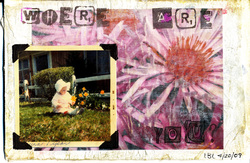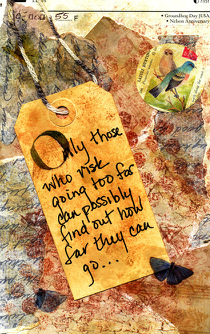There are a few reasons that might explain this. One factor is that our time and energy is limited. We get caught up in work and work issues, daily hassles like cooking and paying bills, family responsibilities... If you think about it, you'll find there are many, many reasons that we don't accomplish all the self-help and self-enhancement programs we purchase. All of these activities take time, and they take energy. When we do have a few minutes for leisure, many times we want to do something else. It's understandable - if something feels like too much work, we tend to avoid doing it.
Another factor might be lack of support. We know that when people have support, they're more likely to make changes and they're more likely to stick to them. Beginning an exercise program is a great example: You're way more likely to keep moving and exercising when you have someone there with you. They support you, and to some extent, keep you accountable. Your coach is there to mentor you and to cheer you along as you creat the life you want to have.
Accountability is the third factor I want to mention. I'm not thinking about accountability in a pressurized "have to" sense. Rather, I am suggesting that having another person to work with who knows your goals, your struggles, and your strengths can be an amazing support for you as you work to reach those goals and change your life!
I love the word "coach" - it has such a positive connotation. Coaches share their knowledge with you, support you as you challenge yourself to reach goals (and challenge you themselves by nudging you toward your goals), and celebrate progress and life changes as they happen. It's a life-affirming, positive, and healthy profession.



 RSS Feed
RSS Feed